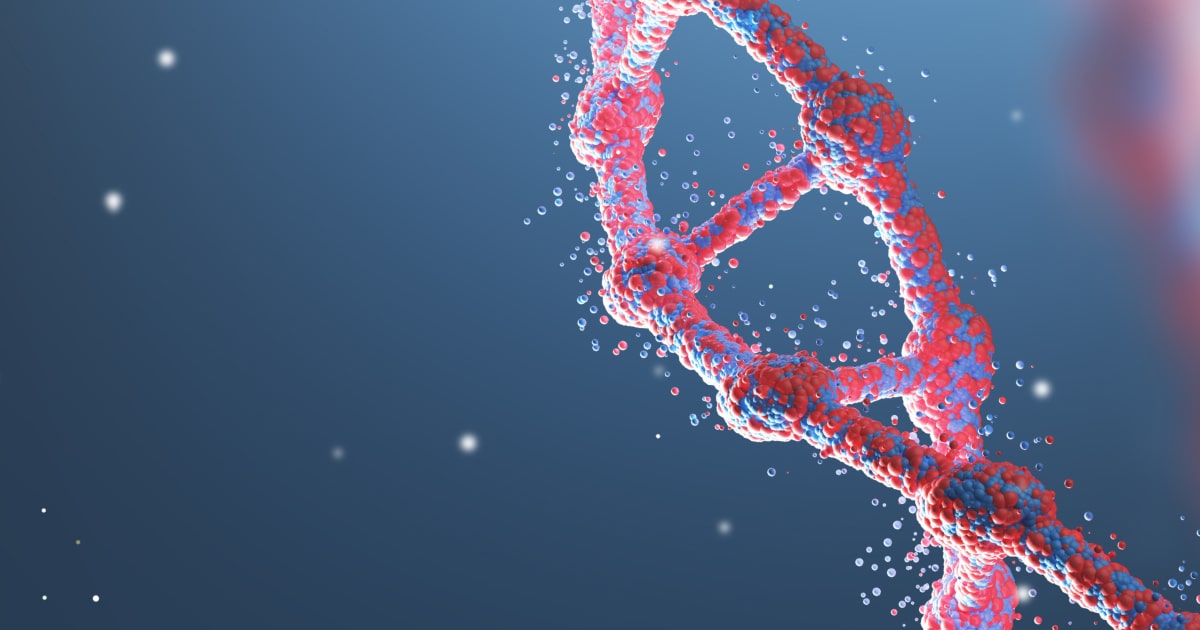
Expert Reviewed By: Dr. Brandon Colby MD
Autism Spectrum Disorder (ASD) is a complex neurodevelopmental condition that affects communication, behavior, and social interaction. With the advent of genetic testing, there is a burgeoning interest in understanding the genetic underpinnings of ASD, particularly rare forms like Autism Spectrum Disorder due to AUTS2 deficiency. This article explores the role of genetic testing in diagnosing and managing this specific disorder.
Understanding Autism Spectrum Disorder Due to AUTS2 Deficiency
Autism Spectrum Disorder linked to AUTS2 deficiency is a rare condition that arises from mutations in the AUTS2 gene. The AUTS2 gene plays a crucial role in neurodevelopmental processes, influencing brain development and function. When this gene is deficient, it can lead to a range of symptoms associated with ASD, including language delays, intellectual disabilities, and behavioral challenges.
The Role of Genetic Testing in Autism Spectrum Disorders
Genetic testing has revolutionized the way we approach autism spectrum disorders. By identifying specific genetic mutations, healthcare providers can offer more personalized and targeted interventions. For Autism Spectrum Disorder due to AUTS2 deficiency, genetic testing can provide critical insights into the underlying genetic causes, offering a clearer path for diagnosis and treatment.
Diagnostic Clarity
One of the primary benefits of genetic testing in Autism Spectrum Disorder due to AUTS2 deficiency is the ability to achieve diagnostic clarity. Traditional diagnostic methods for ASD rely heavily on behavioral assessments, which can be subjective and vary between practitioners. Genetic testing, however, provides an objective measure by identifying specific mutations in the AUTS2 gene. This can confirm a diagnosis and eliminate the uncertainty that often accompanies behavioral assessments.
Personalized Treatment Plans
With a confirmed genetic diagnosis, healthcare providers can tailor treatment plans to the specific needs of the individual. Understanding the genetic basis of Autism Spectrum Disorder due to AUTS2 deficiency allows for more targeted interventions that address the root cause of the disorder. This can include specialized therapies, educational strategies, and, in some cases, pharmacological treatments that are aligned with the individual's genetic profile.
Family Planning and Genetic Counseling
Genetic testing also has significant implications for family planning and genetic counseling. For families with a history of Autism Spectrum Disorder due to AUTS2 deficiency, genetic testing can inform reproductive decisions and provide insights into the likelihood of recurrence in future offspring. Genetic counselors can guide families through the complexities of genetic information, helping them understand the implications and make informed decisions.
Research and Future Directions
Beyond immediate clinical applications, genetic testing contributes to the broader research landscape of autism spectrum disorders. By identifying and cataloging genetic mutations associated with Autism Spectrum Disorder due to AUTS2 deficiency, researchers can better understand the biological pathways involved in the disorder. This knowledge paves the way for the development of new therapies and interventions that target the specific genetic causes of ASD.
Challenges and Considerations
While genetic testing offers numerous benefits, it is not without challenges. The interpretation of genetic data can be complex, and not all mutations have clear clinical significance. Additionally, the cost and accessibility of genetic testing can be barriers for some families. It is essential for healthcare providers to communicate the potential benefits and limitations of genetic testing to patients and their families.
Conclusion
Autism Spectrum Disorder due to AUTS2 deficiency represents a unique intersection of genetics and neurodevelopment. Genetic testing provides a powerful tool for unraveling the complexities of this disorder, offering diagnostic clarity, personalized treatment options, and valuable insights for families and researchers alike. As our understanding of the genetic basis of autism continues to evolve, genetic testing will play an increasingly vital role in shaping the future of autism diagnosis and treatment.
For more detailed insights, you can refer to the original research paper: https://doi.org/10.32388/k9nvym.
About The Expert Reviewer
Dr. Brandon Colby MD is a US physician specializing in the personalized prevention of disease through the use of genomic technologies. He’s an expert in genetic testing, genetic analysis, and precision medicine. Dr. Colby is also the Founder of and the author of Outsmart Your Genes.
Dr. Colby holds an MD from the Mount Sinai School of Medicine, an MBA from Stanford University’s Graduate School of Business, and a degree in Genetics with Honors from the University of Michigan. He is an Affiliate Specialist of the American College of Medical Genetics and Genomics (ACMG), an Associate of the American College of Preventive Medicine (ACPM), and a member of the National Society of Genetic Counselors (NSGC)